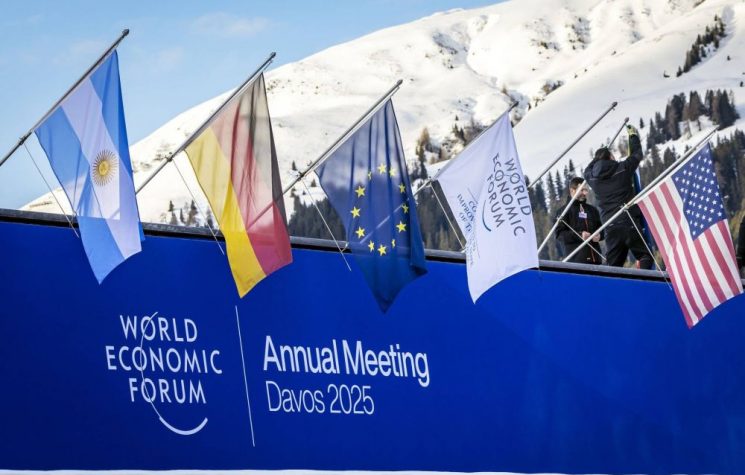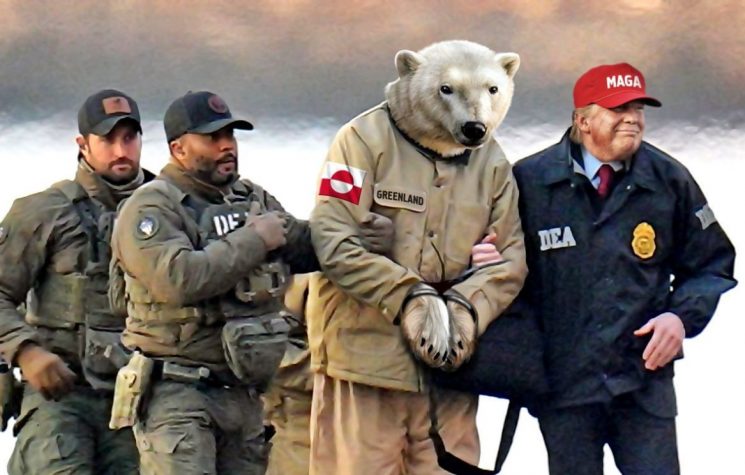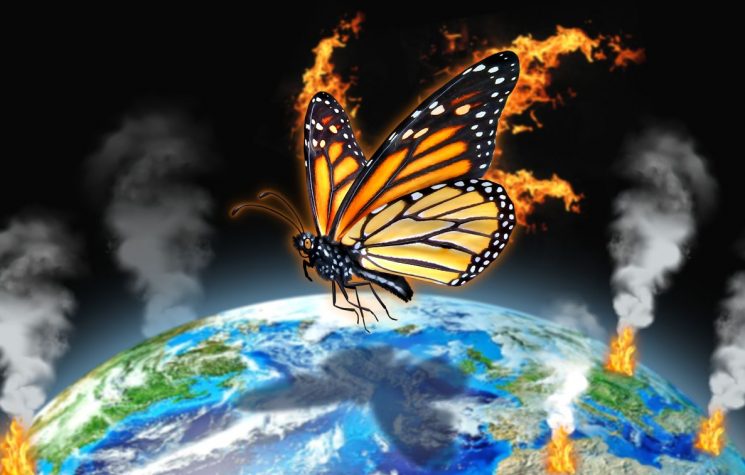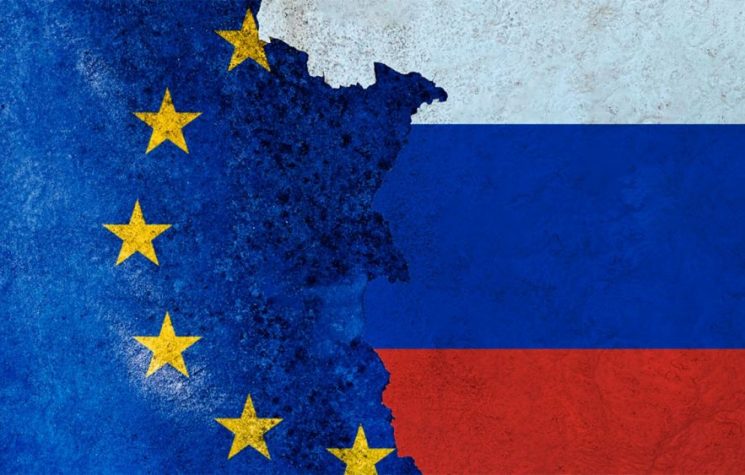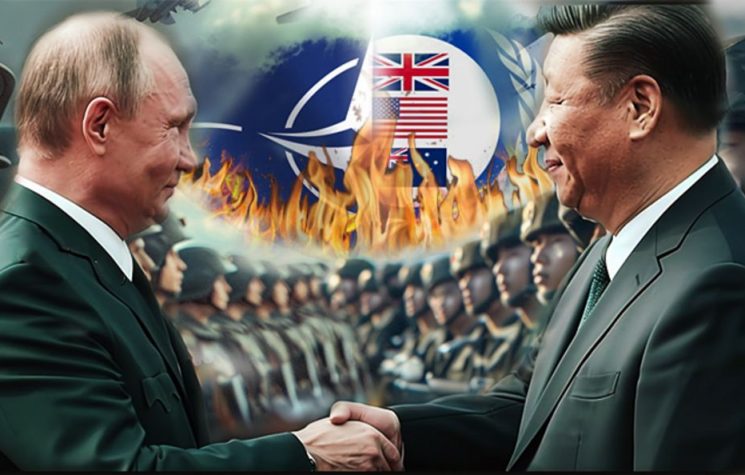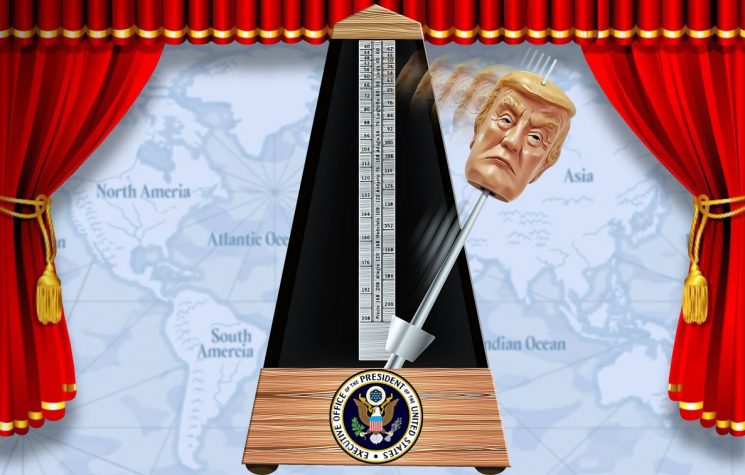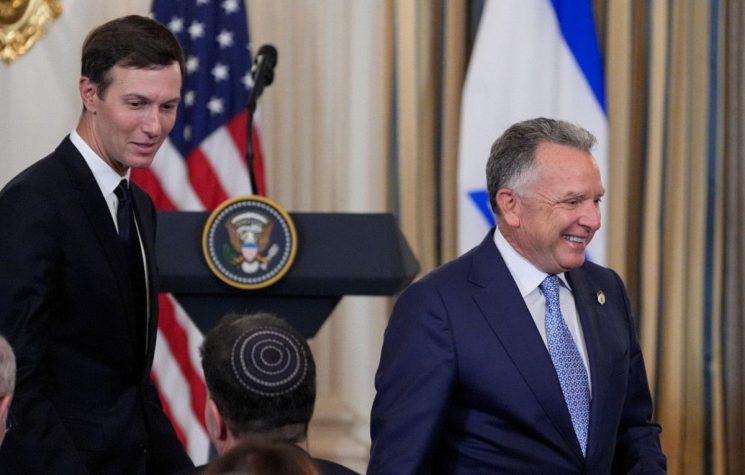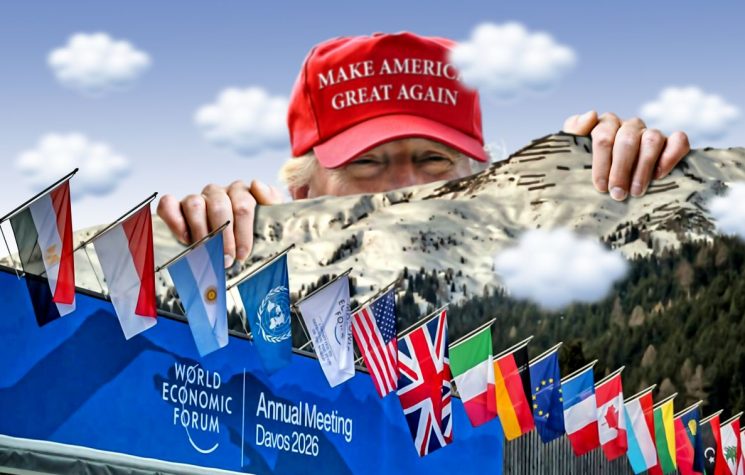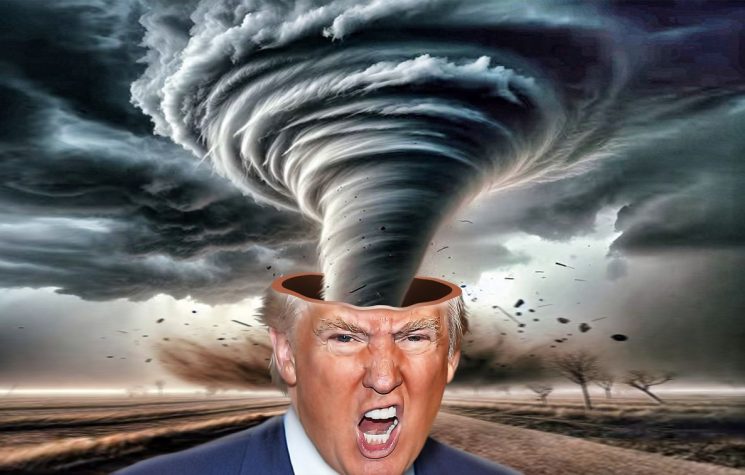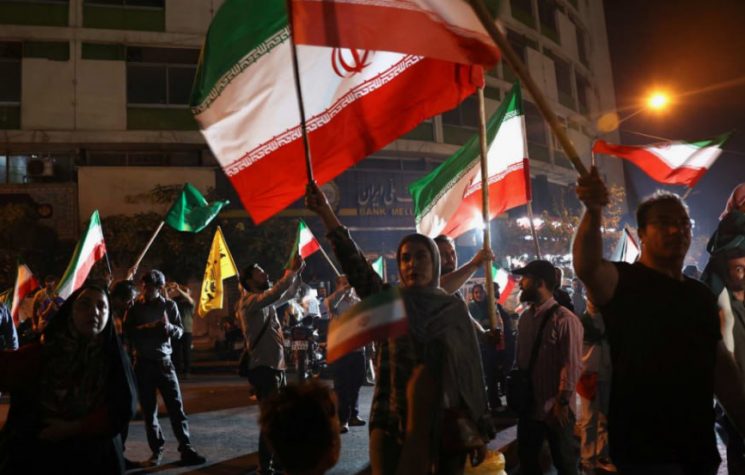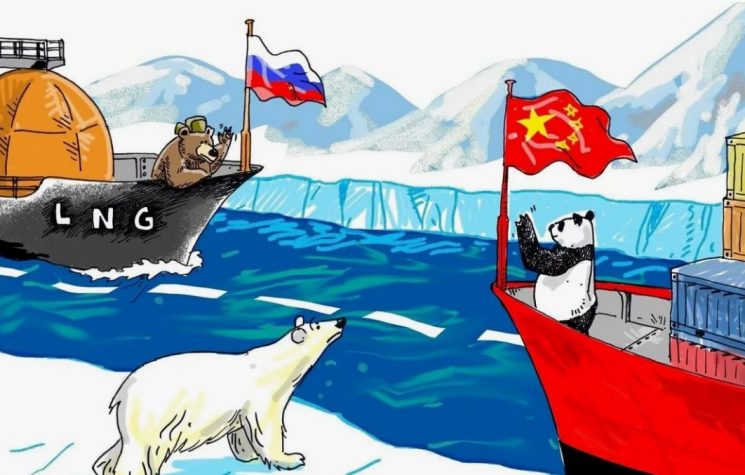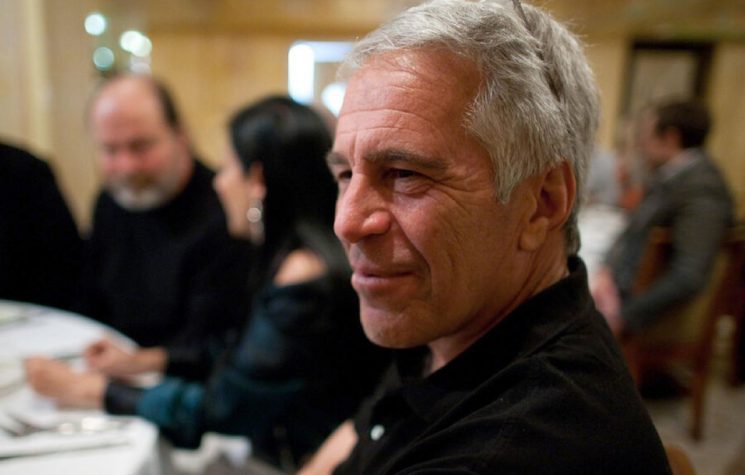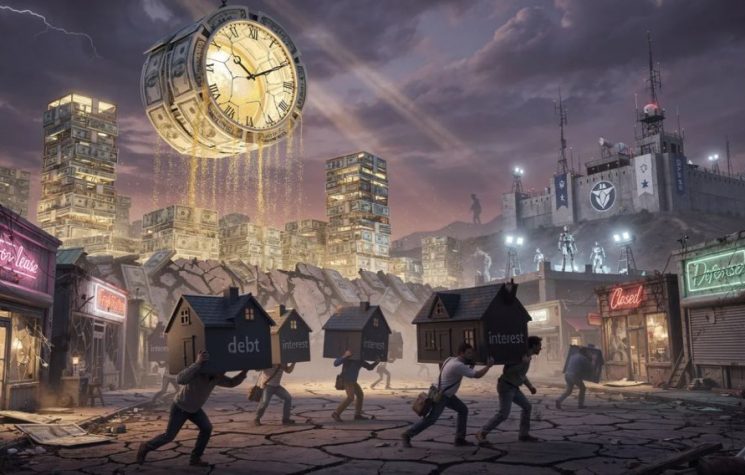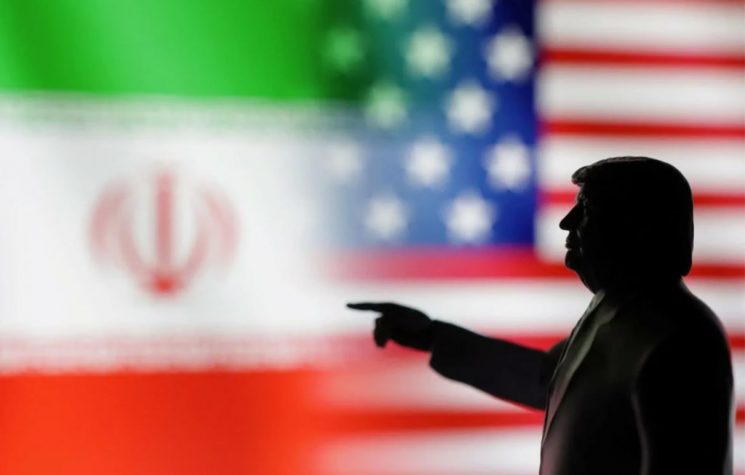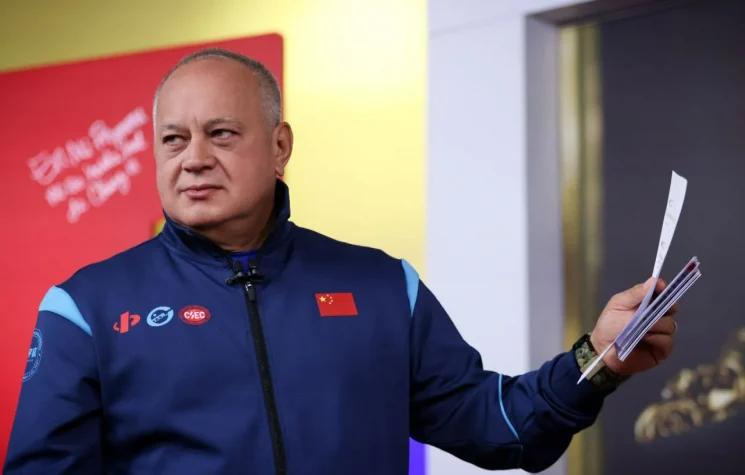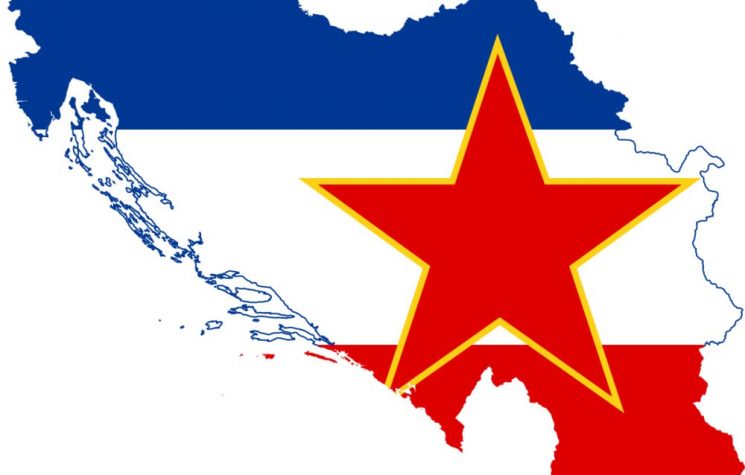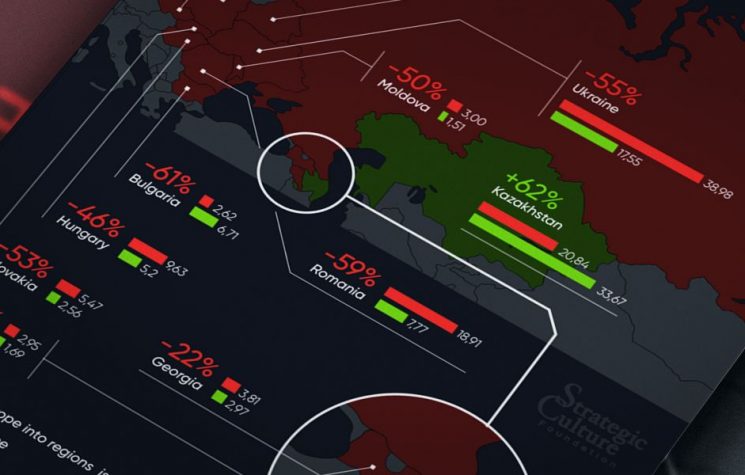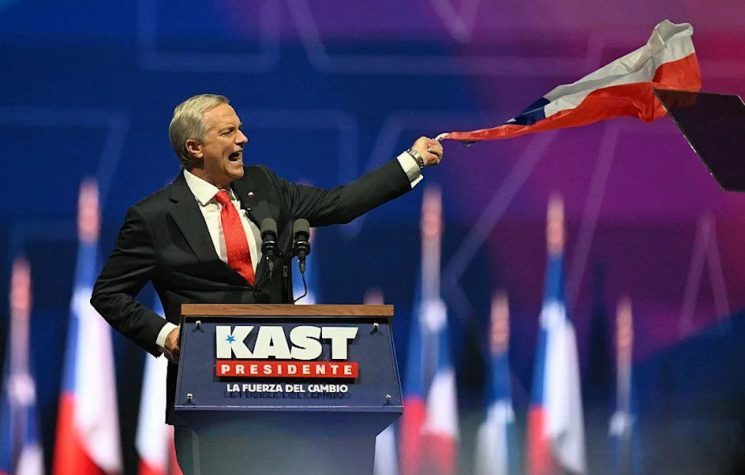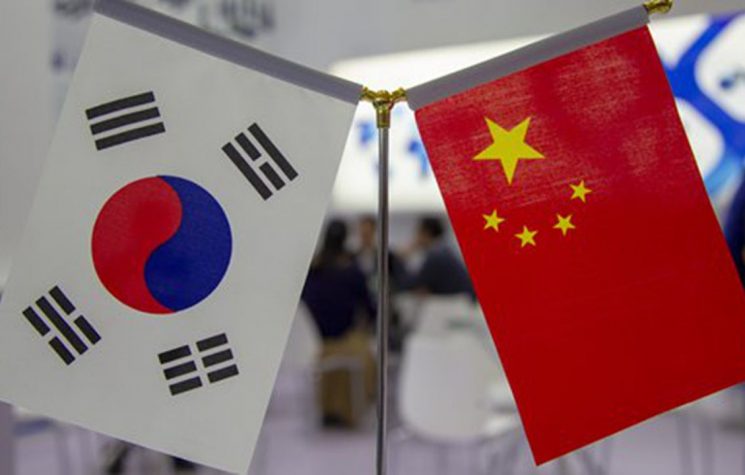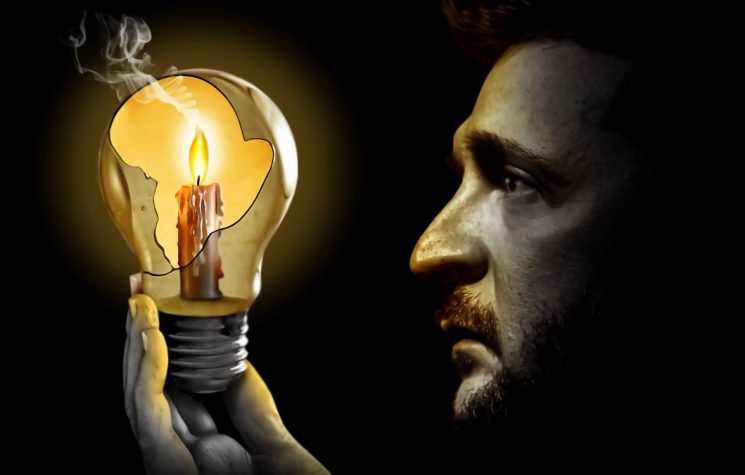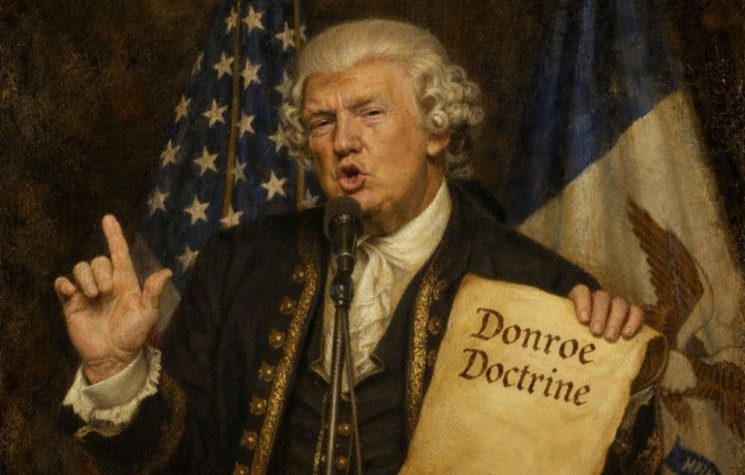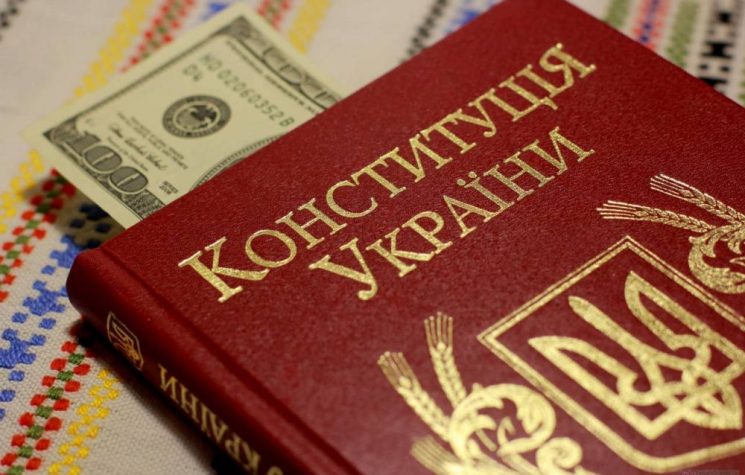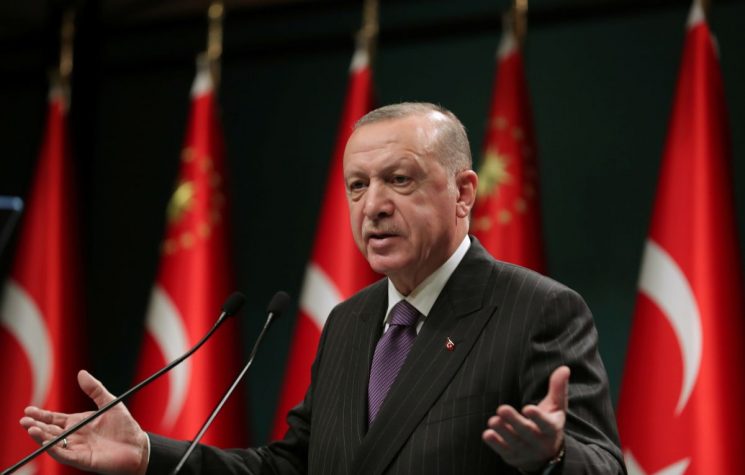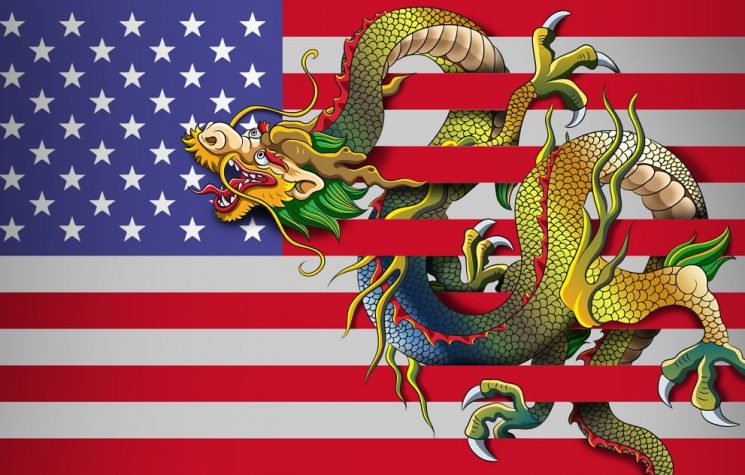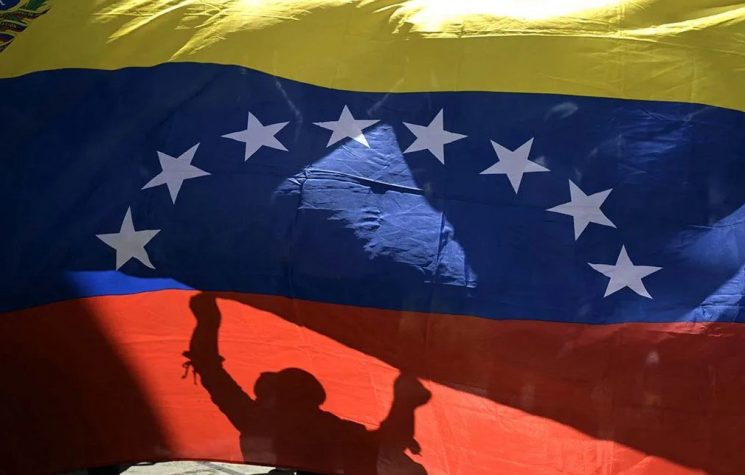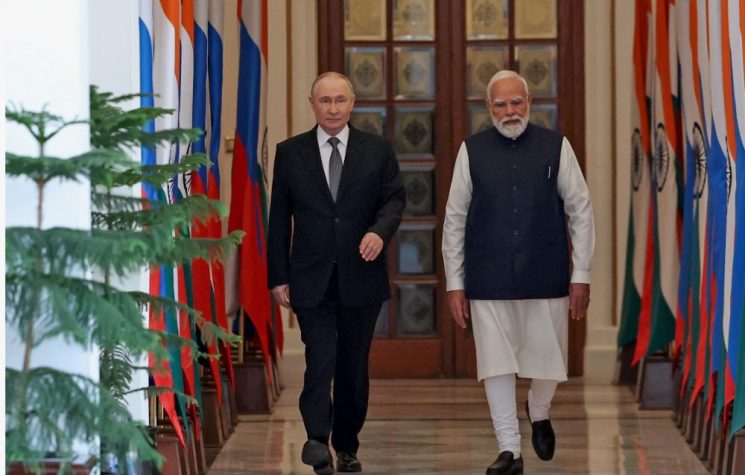Hegemon hacks are spinning that the North Atlantic has relocated to South China. Goodnight, and good luck.
The collective cognitive dissonance displayed by the pack of hyenas with polished faces driving U.S. foreign policy should never be underestimated.
And yet those Straussian neo-con psychos have been able to pull off a tactical success. Europe is a ship of fools heading for Scylla and Charybdis – with quislings such as France’s Le Petit Roi and Germany’s Liver Sausage Chancellor cooperating in the debacle, complete with the galleries drowning in a maelstrom of hysterical moralism.
It’s those driving the Hegemon that are destroying Europe. Not Russia.
But then there’s The Big Picture of The New Great Game 2.0.
Two Russian analysts, by different means, have come up with an astonishing, quite complementary, and quite realistic road map.
General Andrei Gurulyov, retired, is now a member of the Duma. He considers that the NATO vs. Russia war on Ukrainian soil will end only by 2030 – when Ukraine would basically have ceased to exist.
His deadline is 2027-2030 – something that no one so far has dared to predict. And “ceasing to exist”, per Gurulyov, means actually disappearing from any map. Implied is the logical conclusion of the Special Military Operation – reiterated over and over again by the Kremlin and the Security Council: the demilitarization and denazification of Ukraine; neutral status; no NATO membership; and “indivisibility of security”, equally, for Europe and the post-Soviet space.
So until we have these facts on the ground, Gurulyov is essentially saying that the Kremlin and the Russian General Staff will make no concessions. No Beltway-imposed “frozen conflict” or fake ceasefire, which everyone knows will not be respected, just like the Minsk agreements were never respected.
And yet Moscow, we got a problem. As much as the Kremlin may always insist this is not a war against the Slavic Ukrainian brothers and cousins – which translates into no American-style Shock’n Awe pulverizing everything in sight – Gurulyov’s verdict implies the destruction of the current, cancerous, corrupt Ukrainian state is a must.
A comprehensive sitrep of the crucial crossroads, as it stands, correctly argues that if Russia was in Afghanistan for 10 years, and in Chechnya, all periods combined, for another 10 years, the current SMO – otherwise described by some very powerful people in Moscow as an “almost war” – and on top of it against the full force of NATO, could well last another 7 years.
The sitrep also correctly argues that for Russia the kinetic aspect of the “almost war” is not even the most relevant.
In what for all practical purposes is a war to the death against Western neoliberalism, what really matters is a Russian Great Awakening – already in effect: “Russia’s goal is to emerge in 2027-2030 not as a mere ‘victor’ standing over the ruins of some already-forgotten country, but as a state that has re-connected with its historic arc, has found itself, re-established its principles, its courage in defending its vision of the world.”
Yes, this is a civilizational war, as Alexander Dugin has masterfully argued. And this is about a civilizational rebirth. And yet, for the Straussian neo-con psychos, that’s just another racket towards plunging Russia into chaos, installing a puppet and stealing its natural resources.
Fire in the hole
The analysis by Andrei Bezrukov neatly complements Gurulyov’s (here, in Russian). Bezrukov is a former colonel in the SVR (Russian foreign intel) and now a Professor of the Chair of Applied Analysis of International Problems at MGIMO and the chairman of the Council on Foreign and Defense Policy think tank.
Bezrukov knows that the Empire will not take the incoming, massive NATO humiliation in Ukraine lying down. And even before the possible 2027-2030 timeline proposed by Gurulyov, he argues, it is bound to set fire to southern Eurasia – from Turkey to China.
President Xi Jinping, in his memorable visit to the Kremlin last month, told President Putin the world is now undergoing changes “not seen in 100 years”.
Bezrukov, appropriately, reminds us of the state of things then: “In the years from 1914 to 1945, the world was in the same intermediate state that it is in now. Those thirty years changed the world completely: from empires and horses to the emergence of two nuclear powers, the UN, and transatlantic flight. We are entering a similar period, which this time will last about twenty years.”
Europe, predictably, will “whither away”, as “it is no longer the absolute center of the universe.” Amidst this redistribution of power, Bezrukov goes back to one of the key points of a seminal analysis developed in the recent past by Andre Gunder Frank: “200-250 years ago, 70 percent of manufacturing was in China and India. We are going back to about there, which will also correspond to population size.”
So it’s no wonder that the fastest-developing region – which Bezrukov characterizes as “southern Eurasia” – may become a “risk zone”, potentially converted by the Hegemon into a massive power keg.
He outlines how southern Eurasia is peppered by conflicting borders – as in Kashmir, Armenia-Azerbaijan, Tajikistan-Kyrgyzstan. The Hegemon is bound to invest in a flare-up of military conflicts over disputed borders as well as separatist tendencies (for instance in Balochistan). CIA black ops galore.
Still Russia will be able to get by, according to Bezrukov: “Russia has very big advantages, because we are the biggest producer of food and supplier of energy. And without cheap energy there will be no progress and digitalization. Also, we are the link between East and West, without which the continent cannot live, because the continent has to trade. And if the South burns, the main routes will not be through the oceans in the South, but in the North, mainly overland.”
The biggest challenge for Russia will be to keep internal stability: “All states will divide into two groups at this historic turning point: those that can maintain internal stability and move reasonably, bloodlessly into the next technological cycle – and then those that are unable to do so, that slip off the path, that bloom a bloody internal showdown like we had a hundred years ago. The latter will be set back ten to twenty years, will subsequently lick their wounds and try to catch up with everyone else. So our job is to maintain internal stability.”
And that’s where the Great Awakening hinted at by Gurulyov, or Russia reconnecting with its true civilizational ethos, as Dugin would argue, will play its unifying role.
There’s still a long way to go – and a war against NATO to win. Meanwhile, in other news, Hegemon hacks are spinning that the North Atlantic has relocated to South China. Goodnight, and good luck.










